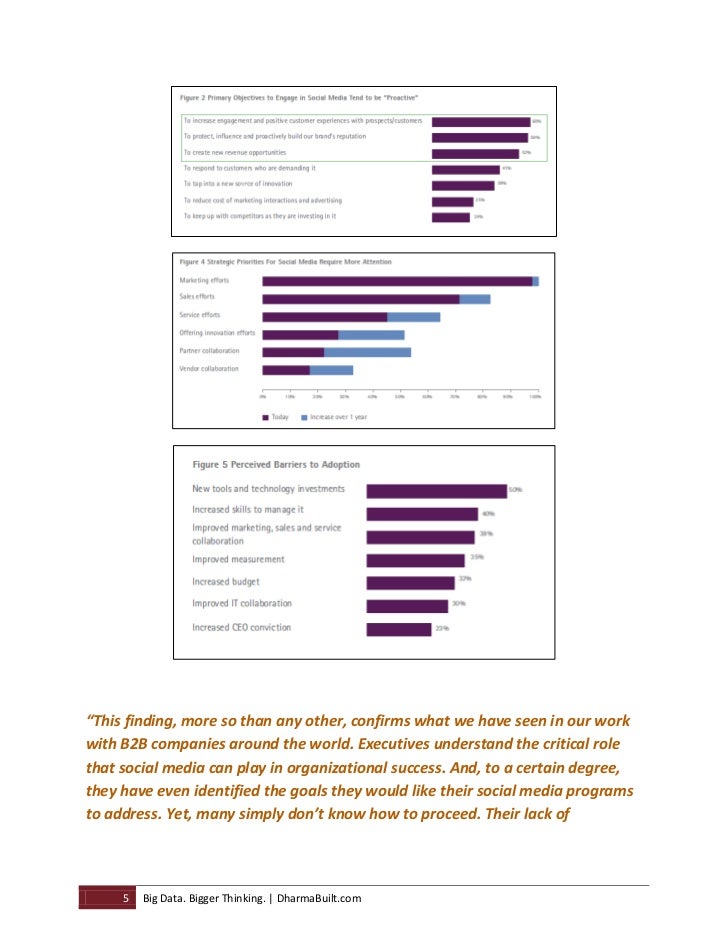
The prime location for oil theft is the “Niger Delta”. Nigeria’s oil industry also suffers from its own loopholes that have also paved the way for international companies to make their monopoly. This is then transferred through barges to larger tankers in the Atlantic Ocean and then taken into West Africa, Latin America, Europe, and as far as Asia.Īlso Read: #EndSARS in Nigeria: Speaking Against Systemic Oppression In early 2019, 22 million barrels of oil were stolen and sold onto the black market. There are hundreds of illegal refineries in the Niger Delta, where criminal gangs like the Delta Avengers also tap into the pipelines to steal oil. Illegal oil refineries began their operations with oil bunkering and vandalism in 2003 and later expanded their activities to stealing and selling crude oil in 2012 after the militants were given amnesty. Oil theft in Nigeria is a product of various illegal oil refineries in the “Niger Delta”. There are multiple reasons leading to the exploitation of the oil industry in Nigeria which has further exacerbated the oil crisis in the nation. According to the President of Nigeria, oil theft has become an organized crime and the total value loss for the period spanning from January 2021 to February 2022 was about $3.27 billion. Nigeria is losing billions of dollars annually to this menace. According to World Poverty Clock, 90 million Nigerians live in extreme poverty, that is 48% of their population.

These countries are expected to perform better than resource-scarce countries but on the contrary, these countries experience widespread conflicts, political tensions, economic stagnation and miserable living conditions.Ĭrude oil theft has ravaged the economy and has pushed a plethora of individuals into poverty. These countries fail to benefit from their resources to ensure social welfare and stabilize its economy. Resource Curse, often known as the paradox of plenty, refers to the underperformance of many resource-rich countries. Despite being immensely enriched with the most lucrative resource, why does Nigeria still suffer from extreme poverty and economic turbulence? Unfortunately, Nigeria has fallen prey to a phenomenon known as the “resource curse” that was first used by British economist Richard Auty in 1993. Thus, help can be offered to these parents before the infant has been hurt, and intervention can focus on the predicament of the parent.Nigeria is home to the second-largest oil reserves in Africa and is the 12 th-largest producer of oil, globally. The model is being tested now for its ability to detect those parents whose evaluations of the parenting environment and attributions to the infant's behavior are likely to correlate with parental acts that are characterized by imposition and/or instrumentality. It is assumed that parental choices and beliefs are influenced by societal norms and the cultural context of parenthood, by the infant's behavior and development, as well as by the parent's childhood memories and experiences. Parental adaptation is proposed to be the function of parental choices (Taylor, 1977) regarding the organization of the parenting environment and their beliefs regarding the nature of the infant's communication. The proposed model (Mass, 1983) explains parenting as a function of the parent's adaptation to the parenting conditions: the organization of the parenting environment and the nature of the infant's communication. Social work practice based on this form of explanatory theory ignores the situational context as well as the actual experience that evolves between the parent and the child. This line of study defines child abuse as parental pathology, thus placing the study of child abuse under the influence of the medical ideology (Parton, 1979).

It is based on the view that the bearing of infants is identical with caring for them. The search for personal attributes of parents as an explanation of child abuse reflects a quest for a mutation of a biological instinct.


 0 kommentar(er)
0 kommentar(er)
